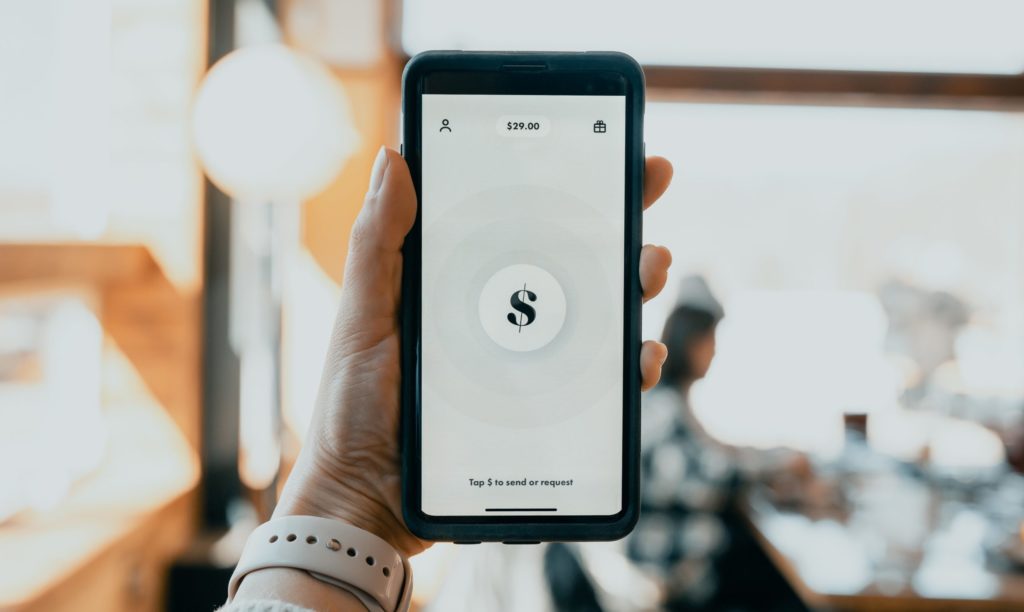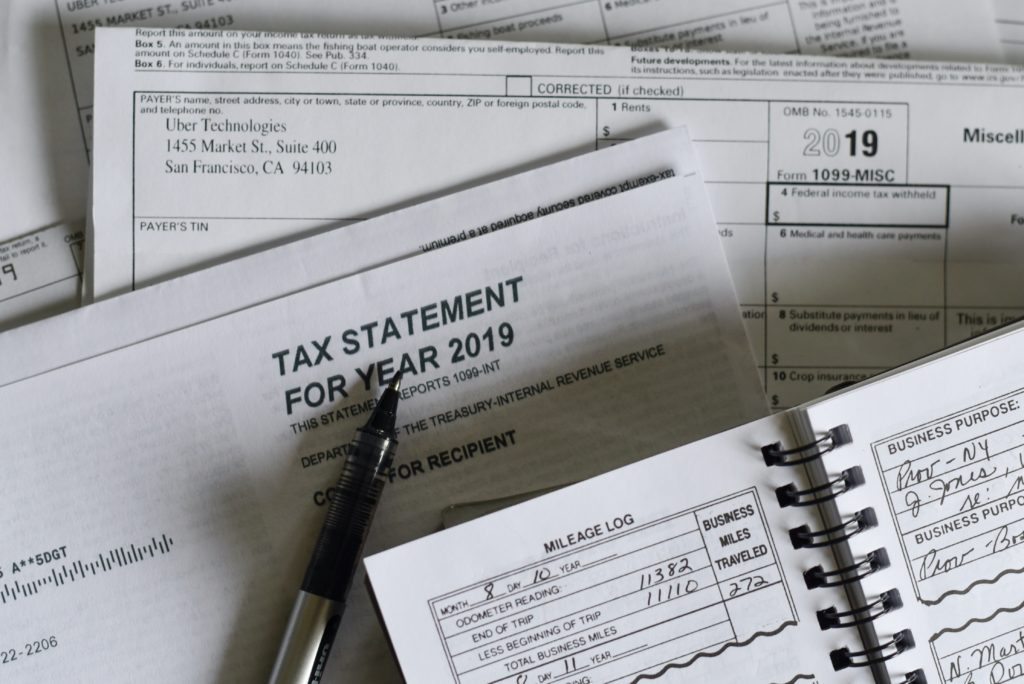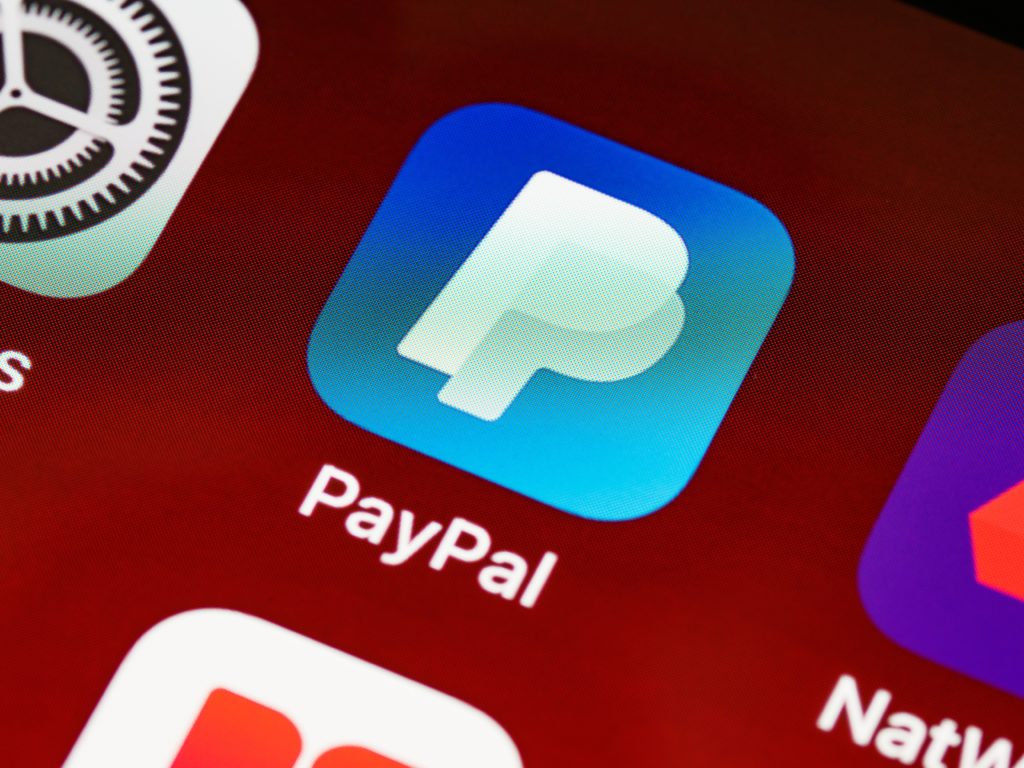In the past few months, there has been a lot of talk about how the IRS will treat payment apps like Venmo and CashApp. Unfortunately, there has also been plenty of misunderstanding and intentional misinformation spread about the changes to the tax code impacting payments made with those apps.
Understandably, a lot of entrepreneurs have concerns about this year’s changes. It’s important to learn the facts about what they are and how they will impact small business owners in particular. This way, you can accurately prepare for next year’s tax season and stay on the right side of the tax law.
What is the New Venmo Tax Law for 2022?
In March of 2021, Congress passed and President Biden signed into law the American Rescue Plan. This plan included direct payments to millions of Americans and loans for small businesses. One of the ways in which the bill pays for its $1.9 trillion price tag is by providing the IRS with better tools for enforcing existing tax laws.
One of these measures has gotten a lot of attention from anyone who uses peer-to-peer payment networks like Venmo, PayPal, and CashApp. The law requires these payment apps to issue a form called the 1099-K for anyone who receives more than $600 in payments for goods and services in the same app throughout the year. People who receive these 1099-K forms must then report them on their federal income taxes.
It’s important to note that this is not for single transactions over $600. It’s a total of all goods-and-services-related transactions through the year. So if you receive different payments of $100 each in the same app, and those transactions are all income, you will get a 1099-K from that app.
Before this law, payment apps were only required to issue these forms for people who received at least $20,000 in payments for goods and services throughout the year.
Will I Pay New Taxes in 2022 Because of This?
It’s easy to see why people think that this new law means they will have to pay more taxes for 2022 than they did in previous years. However, this is not a new tax. Independent contractors have long been subject to taxes for any endeavor in which they make more than $600.
The difference is that many people were skirting these taxes by getting paid through Venmo and other similar apps. Then, as long as they made under $20,000 from each app, nobody told the IRS about that income.
The new law is not a new tax. Instead, it is an enforcement mechanism for the IRS. If you were not paying taxes on income that you received through a payment app, this will feel like a new tax. However, it is simply a way of keeping everyone compliant with existing laws.
What Kinds of Transactions Count?
Of course, people use third-party payment apps for all kinds of things. Some transactions will count toward the $600 and will be subject to income taxes. Personal transactions will continue on as normal and are not affected by the new law.
Some examples of personal transactions include:
- Getting your roommate’s half of the rent
- Gifts from friends and family
- Reimbursing your friend for dinner
If it’s not income in some way, it should be marked as personal. Most of these apps have a way to tag transactions as personal or business. If you’re not sure whether something counts as income, be sure to talk to your small business tax professional.
Which Payment Platforms Do These Changes Impact?
The law requires all third-party payment services to comply. This includes:
- PayPal
- Venmo
- CashApp
- Square
- Stripe
There are several more payment apps like these as well. If you’re not sure if your preferred payment app is subject to these laws, ask your accountant or visit the app’s website for more information.
Zelle claims to be the one exception to this rule. Because Zelle is only used to connect banks, the company says it is not subject to the new tax law for payment apps.
How Your Business Can Stay In Line With Tax Laws
If your small business uses any third-party payment apps, the new law may affect how you file your taxes. The last thing any business owner needs is an investigation from the IRS. Stay protected by hiring an expert small business accountant for all your tax needs.
At Remote Accounting Experts, we are proud to offer excellent customer service to all of our small business customers. Best of all, we stay on top of all of the new laws and let you know if it affects you. That way you can spend less time trying to understand tax law and more time running your awesome business.





